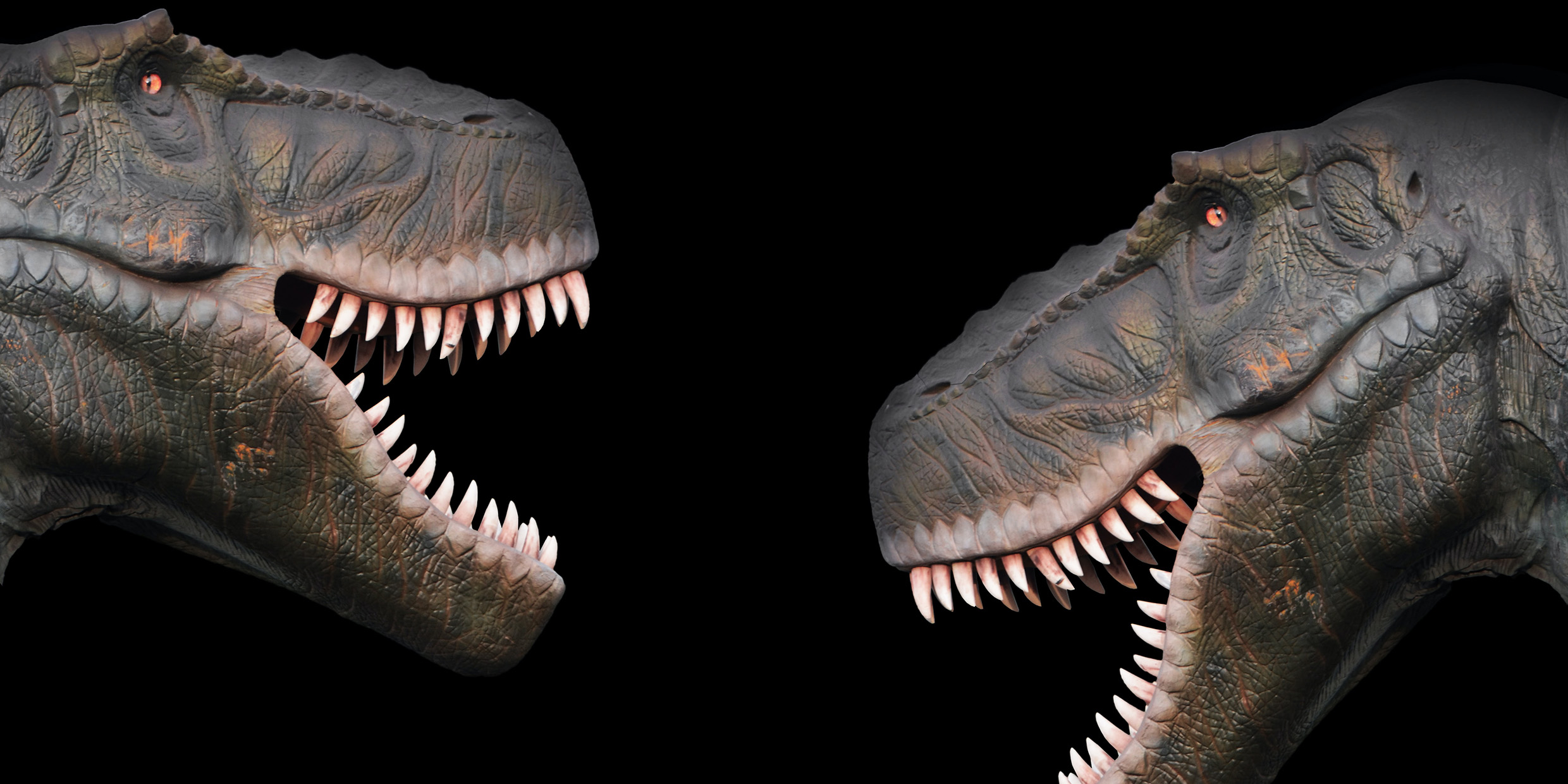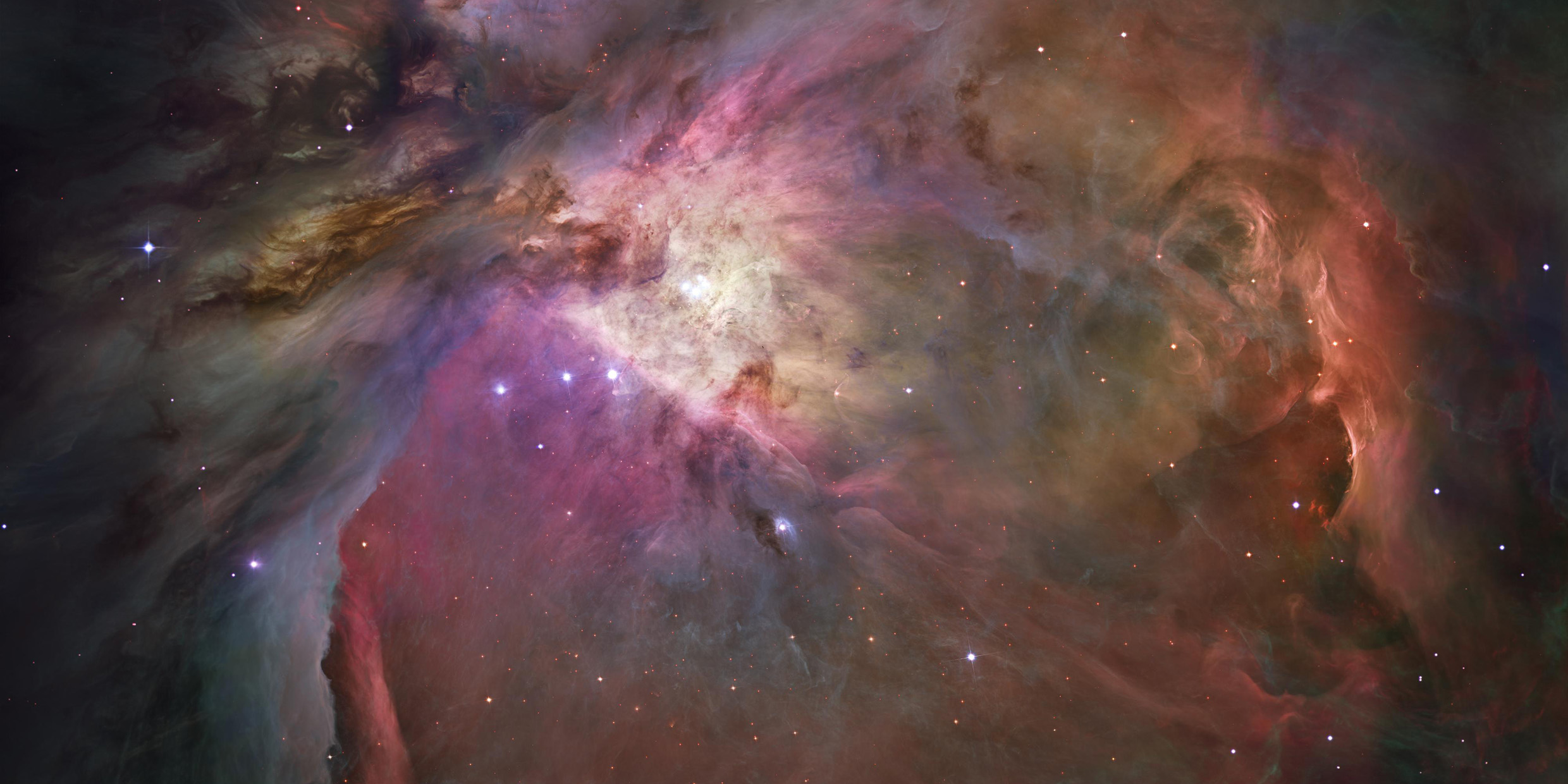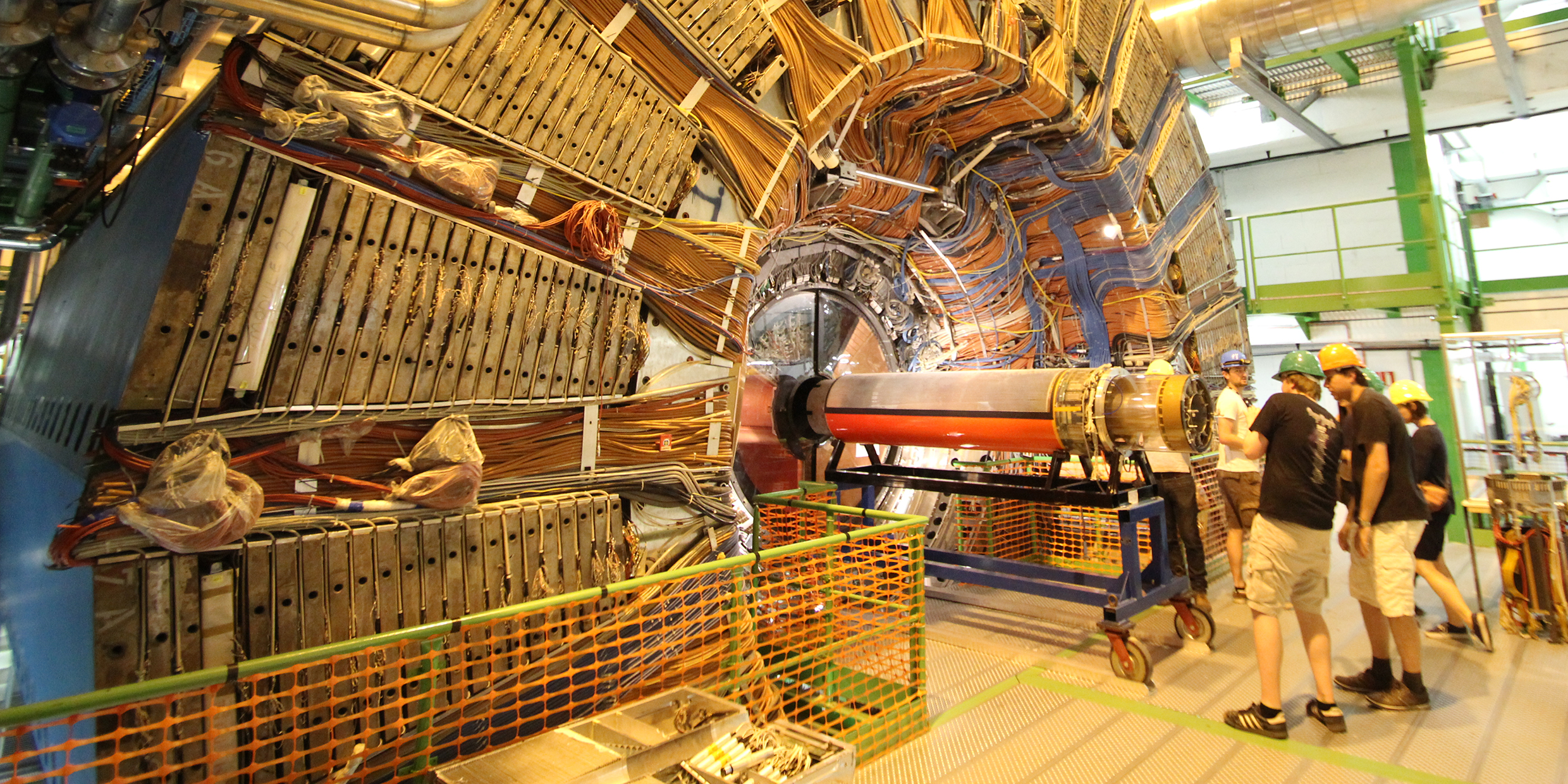They call him Dino Don. He is Don Lessem, of Waban, Massachusetts, and he is editor and chief writer of Dino Times, a monthly newspaper for kids about dinosaurs, published by the Dinosaur Society.
Articles with 1992
Gazing into creation’s light
On a night that is perfectly dark and clear, the naked eye can just discern the Great Orion Nebula as a patch of fuzzy white light in the sword of Orion. It might easily be mistaken for a star, but the light we see is the light of many stars, newly born, embedded in a cloud of glowing gas.
Time machinations
A lot of very clever people have been thinking about time machines lately.
In a health care crisis, antidotes to despair
It is easy to get down on doctors and medicine. Medical costs keep skyrocketing, services become more and more impersonal, and the waits in line become longer and longer.
Witches, devils, and UFOs
I’m beginning to feel left out. You’d think I’d be the sort of fellow the aliens would go for. As an enthusiastic amateur astronomer, I spend a lot of time under the night sky.
Seven laughs, one Big Bang
An ancient creation myth from the so-called “Eighth Hidden Book of Moses” has God bring all things into being with seven laughs.
Seeing the animal in ourselves
For the past several weeks tree swallows have been nesting in bluebird boxes on conservation land nearby. The boxes weren’t meant for swallows, but — well, its spring and first come, first serve.
Making the unthinkable thinkable
Several weeks ago this column poked fun at anthropologist Sharon Traweek’s claim that the language of high energy physicists is riddled with sexual imagery.
The physicists’ naughty bits
The golden age of anthropology is past. The time is gone when a Gregory Bateson or Margaret Mead could go off to New Guinea or Samoa and find societies relatively untouched by Western civilization. An anthropologist today is hard pressed to find a culture anywhere on earth that retains its original traditions and values. One is as likely to find Coca-Cola and satellite television in the wilds of New Guinea as in New Jersey.
Could the Martians have taken it?
Nothing puzzles environmental scientists more than the case of the missing carbon. No current mystery of science has so many potentially unpleasant consequences for the rest of us.









